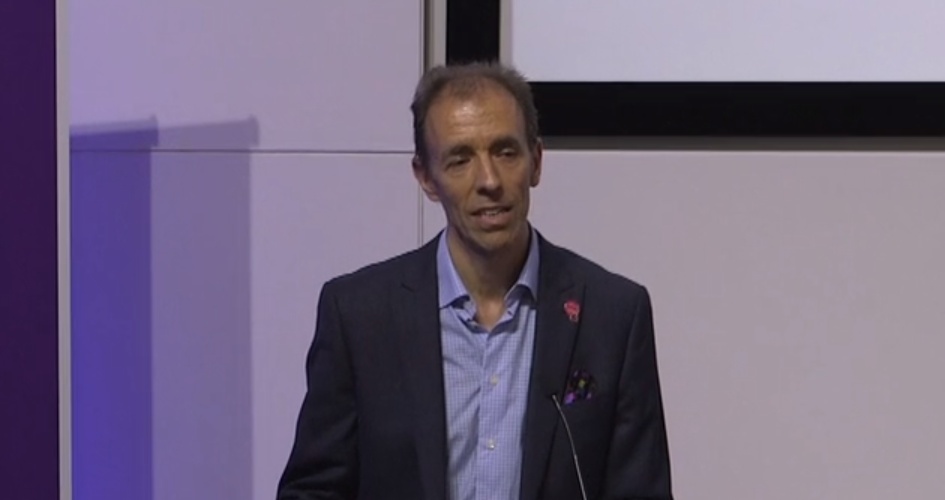James Goolnik makes us re-think the use of sugar as a reward and presents the strategies he’s been using to combat the pushing of sugar to children.
James is a practising dentist and clinical director of the Bow Lane Dental Group in London. He has twice been voted the UK’s most influential dentist by the dental community.
As a dentist of 27 years, James is well aware of the problems that sugar can present. In this talk at the Public Health Collaboration conference of 2019, he guides us through the problem of bad rewards and his work to improve this.
“We can’t keep carrying on what we’re doing”
James starts his talk with a question: What is the number 1 reason for children aged 5-9 to be admitted to hospital in the UK?
The answer may be on the tip of your tongue because the reason is to do with teeth.
James explains why sugar lies at the root of the problem. He tells us that bacteria eat sugar and then produce acids which rot teeth and gums. The result is tooth decay, he tells us, and that it’s one hundred per cent preventable.
“As a parent of two children, I’m constantly trying to fend off the sugar that is pushed onto children,” he states, adding, “We can’t keep carrying on what we’re doing.”
“Why is it always sugar as a reward?”
James recounts the story of the time his two-year-old daughter had her first haircut at a hairdresser’s. He describes how excited his daughter was and yet sat still the whole time.
When her haircut was all done, how did the hairdresser reward his daughter? With a giant lollipop which James says was bigger than his daughter.
Surely it would have been better, he opines, to give something like a certificate that could be better treasured and could also advertise the hairdresser’s for as long as the certificate is kept.
He shares this personal story to illustrate how sugar is so ubiquitous when it comes to rewards for children. In addition to sweets for good behaviour, children are given cakes each time a child in a class has a birthday at school, sugar cubes are given following receiving a jab, and grandparents typically hand around sweets each time a child comes over.
“Why is it always sugar as a reward? There must be a better way,” he proposes.
A better way
James has been tackling the problem in a number of ways. He has set up Rewards Project, a registered charity, dedicated to replacing sugary rewards with meaningful substitutes.
He has compiled a team for his charity which includes Dr Joanna McCormack who has given a number of talks at the PHC conference herself.
The Rewards Project has worked with over 550 schools to discover best practice for rewarding children for behaviour and performance.
“Some schools are doing amazing things out there”, he shares adding that his project is all about sharing good practice.
His next area of focus has been to set up Sugar Quiz. The online quiz can be taken by children and adults and encourages you to think about where hidden sugar is in your daily lives.
A third method has been to encourage people to clear the sugar out of their homes. The #sweetsweeper campaign encouraged people to share, via social media, their commitment to trashing foods with hidden sugars.
James rounds up his talk by inviting viewers to check out the Rewards Project and join the conversation in how we can make a difference as to how we reward our children.



